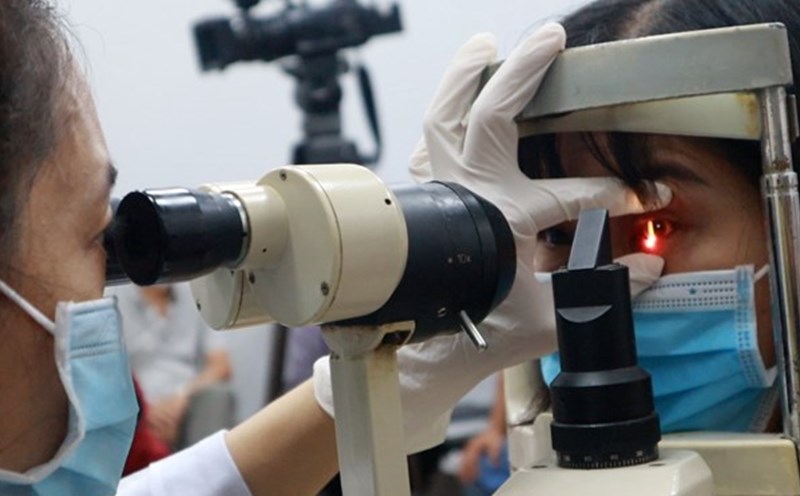Pregnancy is a sacred journey, marking the beginning of a new life. However, during pregnancy, the mother's body experiences many major changes in hormones and physiology. One of the common symptoms that can easily make pregnant mothers worry is headaches, according to Onlymyhealth.
Common causes of headaches during pregnancy
According to Dr. Gandhali Deorukhkar, an obstetrician and gynecologist at Wockhardt Hospital (Mumbai, India), during pregnancy, especially in the first 3 months, the mother's body experiences major hormonal changes. Rapid increases in Estrogen and progesterone affect the blood vessel system, causing blood vessels to dilate or constrict, leading to headaches.
In addition to hormonal changes, some other common causes include:
Increased blood: The mother's body creates more blood to nourish the fetus, making the heart and blood vessels work more, easily causing headaches.
Dehydration: Not drinking enough water during the day makes the body tired and causes nervous stress.
Lack of sleep or prolonged fatigue due to lifestyle changes and uncomfortable sleeping posture.
Lower blood sugar: Hungrying or eating irregular meals can easily lead to headaches.
Psychological stress: Anxiety and pressure during pregnancy also affect the nerves and cause headaches.
Common types of headaches during pregnancy
Stress headaches: This is the most common type. Feeling of heavily pressed or tightly wrapped around the head, especially in the forehead and neck area. The pain is usually mild to moderate, but lasts if the mother does not rest properly.
Hives: Less common but more severe. The pain may appear on one side of the head, accompanied by nausea, sensitivity to light or noise. If you have suffered from migraine before pregnancy, pregnancy can cause the condition to increase or decrease depending on the location.
When does headache become a danger sign?
Not all headaches during pregnancy are benign. According to Dr. Gandhali Deorukhkar, there are some cases of headaches that are warning signs of preeclampsia, a dangerous pregnancy complication. Go to the doctor immediately if the pregnant mother shows the following signs:
The headache was severe, sudden, and persistent.
Headaches accompanied by high blood pressure.
Seeing blurred, sparkling, and blurred vision.
Upper abdominal pain, nausea or vomiting.
Unusual swelling in face, arms, and legs.
Preeclampsia often occurs after the 20th week of pregnancy and needs to be carefully monitored to protect the safety of both mother and baby.
Safe headache relief solutions for pregnant mothers
If the headache is mild, pregnant mothers can apply some of the following natural and safe measures:
Drink enough water every day to avoid dehydration.
Get enough sleep, rest when you feel tired.
Eat regularly with small meals, avoid being hungry.
gentle exercise such as yoga, walking or meditation to relax the spirit.
Apply a cold or warm compress to your forehead and neck to reduce muscle tension.
Avoid exposure to bright light and noise if you have a headache.











